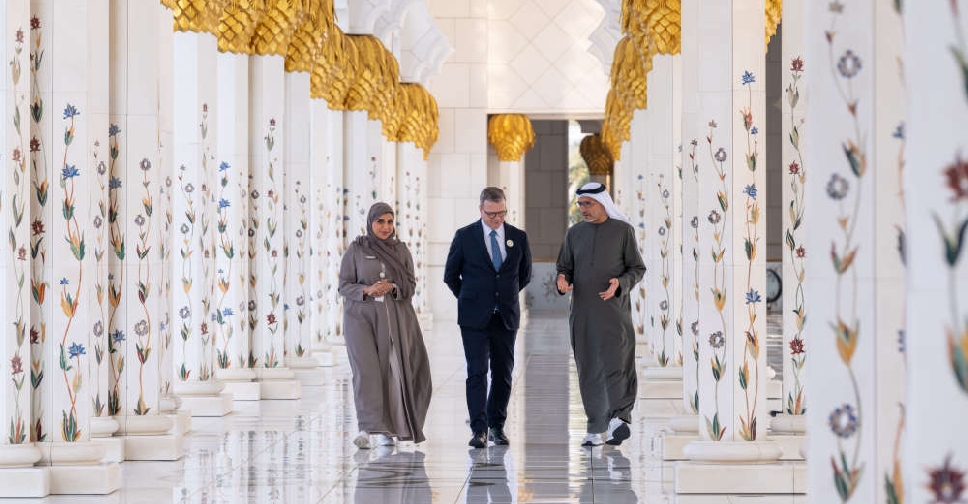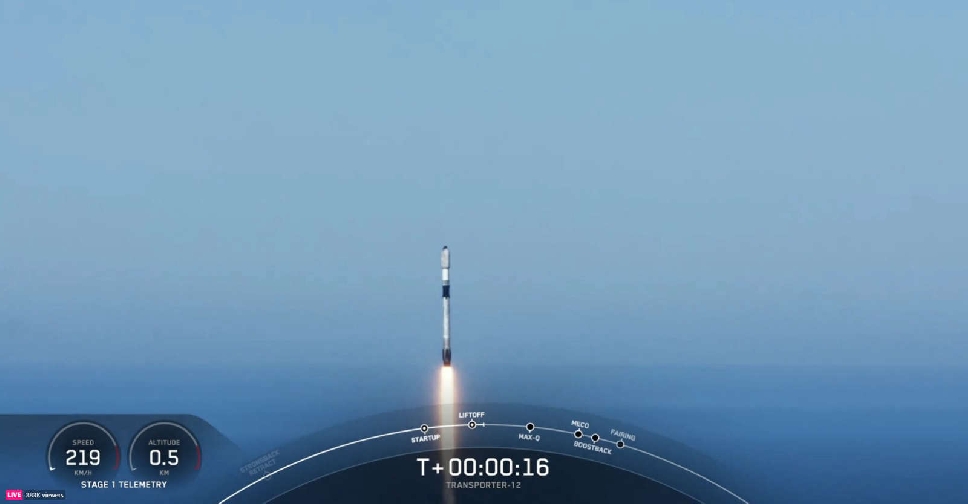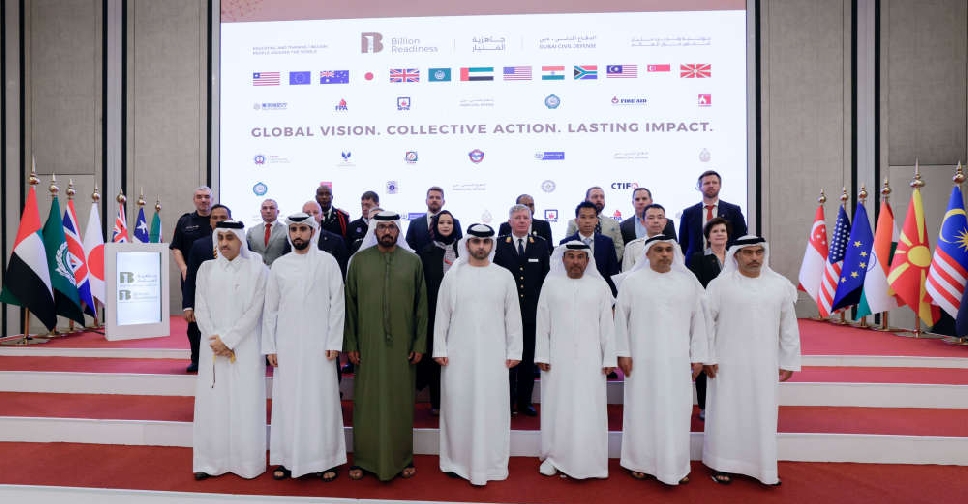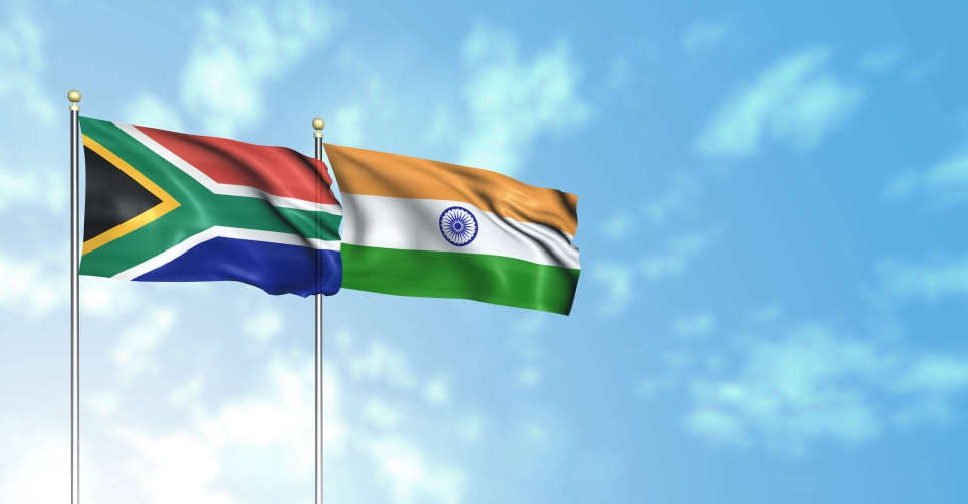
India and South Africa have filed a formal objection against an investment agreement at a World Trade Organisation (WTO) meeting in Abu Dhabi, blocking its adoption in a move that observers say could block hundreds of billions of dollars in investment.
The deal agreed by some 125 countries, or about three-quarters of the WTO's members, aims to simplify red tape, improve the investment environment and encourage foreign direct investment.
But according to WTO rules, any of its 164 members can block a deal from being adopted by the body - a step which is necessary to ensure that countries are in compliance.
"We underscore that given the lack of exclusive consensus, this is not a matter for the...(meeting) agenda," a WTO document showed.
The Indian and South African delegations did not immediately comment publicly on the development.
Alan Yanovich, partner at Akin Gump Strauss, said the "deplorable" development would hurt the world's poorest countries the most.
The initiative known as the Investment Facilitation for Development (IFD) Agreement led by Chile and South Korea with China's strong support, could lead to between $200-$800 billion of improvements in global welfare, according to one study.
"Members have expressed a readiness to discuss this issue at the General Council in Geneva after (the ministerial conference)... And I would want to encourage them to do so," said Kerrie Symmonds, the facilitator for negotiations on developments at the meeting, and minister of foreign affairs and foreign trade of Barbados.
Four-day WTO talks to set new global trade rules on a broad range of topics including fishing and agriculture are due to wrap up on Thursday, although delegates said that little progress has so far been made, barring the formal accession of two new members to the body: East Timor and Comoros.
The US trade chief on Tuesday ruled out a deal on reforming the WTO dispute settlement system, hobbled for four years due to US objections.
A paragraph on climate change is confined to a WTO annex of the draft package of deals since members cannot agree.
"These are not small, easy to deal with issues, these are some of the big things that either distort trade or stop nations from being able to feed their own people," New Zealand's trade minister Todd McClay told Reuters.
"They are hard and they are challenging."
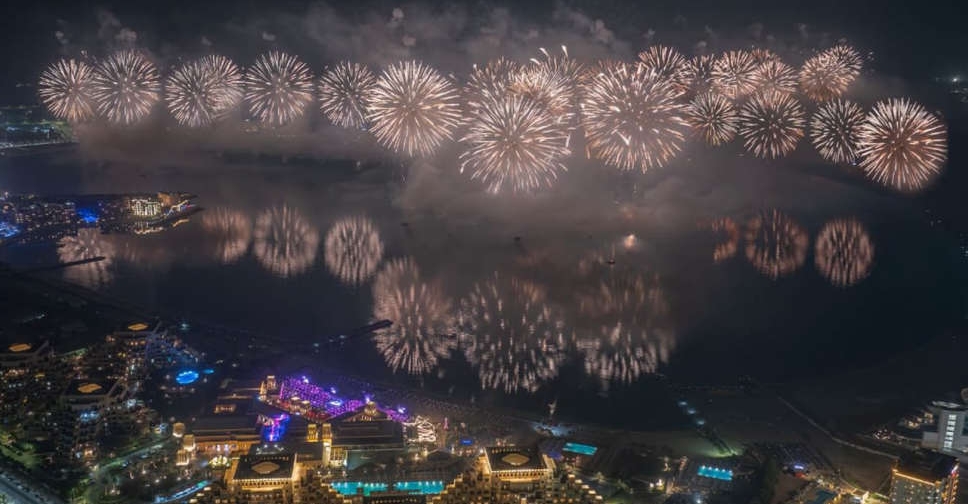 Ras Al Khaimah celebrates record-breaking tourism year in 2024
Ras Al Khaimah celebrates record-breaking tourism year in 2024
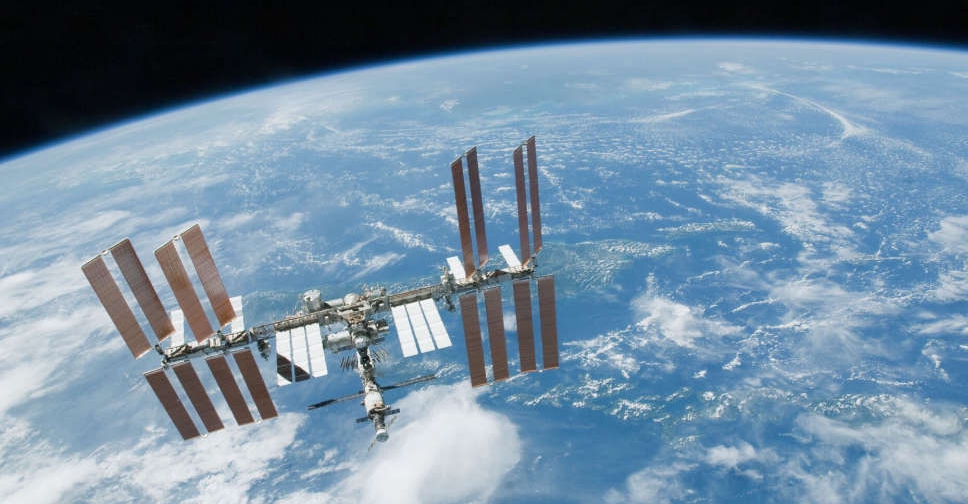 UAE and Japan to strengthen space industry cooperation
UAE and Japan to strengthen space industry cooperation
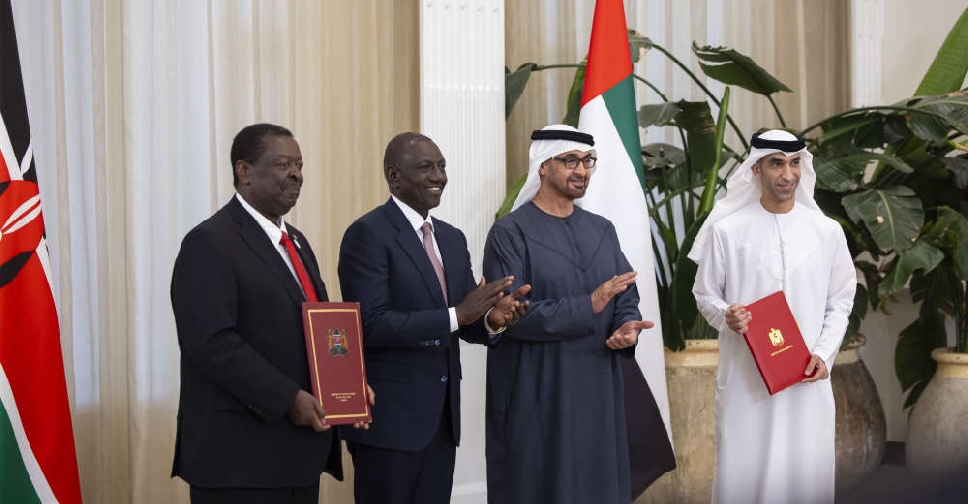 UAE and Kenya sign CEPA deal in Abu Dhabi
UAE and Kenya sign CEPA deal in Abu Dhabi
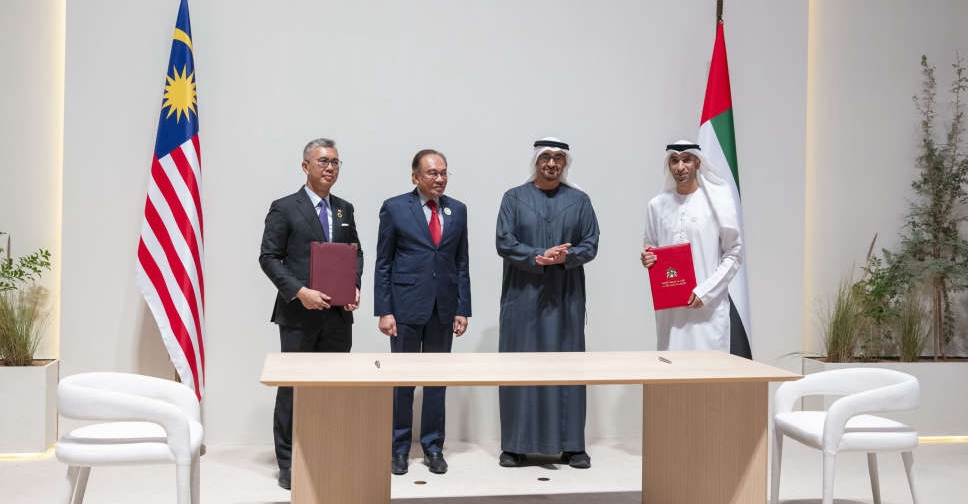 UAE, Malaysia confirm CEPA to deepen trade, investment ties
UAE, Malaysia confirm CEPA to deepen trade, investment ties
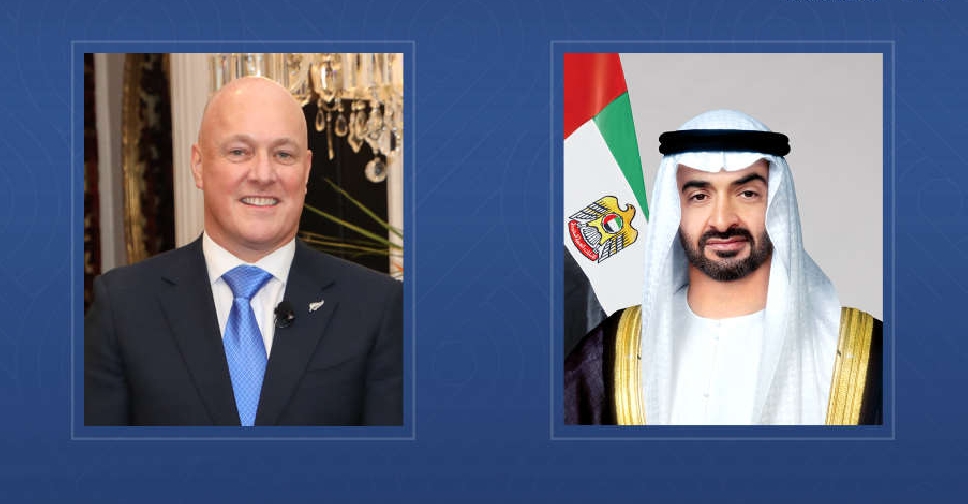 UAE, New Zealand CEPA formally signed
UAE, New Zealand CEPA formally signed

